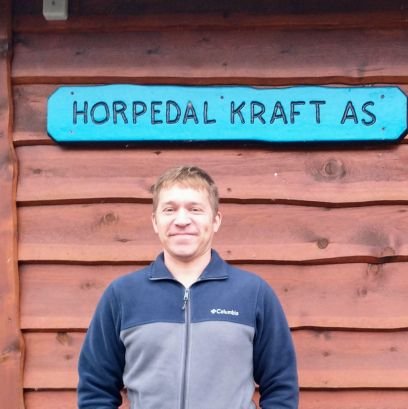
Human Progress
@HumanProgress
Followers
144K
Following
7K
Media
19K
Statuses
64K
A @CatoInstitute project. Subscribe to our newsletter: https://t.co/j30bRWWLoJ
Washington DC
Joined August 2012
Neoliberalism made two major promises: It would put Western nations on a better economic track and turbocharge development in the third world. On both counts, it delivered. https://t.co/oRrGdUNUIj
humanprogress.org
1
6
23
"Our results reveal ... that some corals may adjust to the pace of acidification in the wild more effectively than suggested by short-term laboratory studies." https://t.co/sXrjoqSjwJ
humanprogress.org
0
1
9
The convergence of nanotechnology, materials science, and biotechnology has created unprecedented possibilities for environmental remediation. https://t.co/mlj7aguDOe
humanprogress.org
0
2
10
The "Spaceship Earth" concept assumes that Earth's resources are finite and our goal should be to conserve them. But our planet is not a closed system, and our greatest resource, knowledge, is infinite.
2
3
23
"Doctors from Scotland and the US have completed what is thought to be a world-first stroke procedure using a robot." https://t.co/Wcgw8YPlN2
bbc.com
A Dundee professor carried out the first remote thrombectomy on a human cadaver.
0
1
13
While heat-related deaths capture headlines, cold weather kills more people. A comprehensive 2021 study in The Lancet found that 8.52% of global deaths were linked to cold, while less than 1% were linked to heat—roughly a 9:1 ratio. https://t.co/vNszYg0gZd
humanprogress.org
1
2
17
The US healthcare system is the innovative engine of the world. US-based researchers generate ~80% of the most important breakthroughs in medicine and biotech, and US consumers account for 64–78% of global pharmaceutical profits. https://t.co/o2bHMiCg70
humanprogress.org
1
7
19
Free expression is positive sum, argues @sarahemclaugh: "The more people it’s protected for, the more we can ensure it stays protected for everyone." Learn more in our podcast: https://t.co/KxSmi43eY0
1
1
18
A persistent myth claims medieval peasants worked less than we do. This stems from an early estimate by the historian Gregory Clark, who suggested peasants worked only 150 days annually. He later revised upward to about 300. https://t.co/ROZgGIEK1z
humanprogress.org
0
8
35
While technological progress is a source of existential risks, unlike the alternative (stagnation in ignorance), it also holds the potential to save us from catastrophe. https://t.co/oBqMiQvfjh
humanprogress.org
0
1
12
One-Third of US Families Earn Over $150,000 My latest @EconsEveryDay post: https://t.co/PCcmRPpuVq
14
39
160
The International Court of Justice is threatening to retroactively punish early industrializers—the same countries whose innovations have saved billions from poverty and premature death. Besides the obvious unfairness of this scheme, it also tilts the incentive structure away
3
4
26
Scientists and engineers are finding ways to turn pollution and waste into valuable resources. https://t.co/mlj7aguDOe
humanprogress.org
1
1
11
"At the Bristal, falls have declined by 40 percent since the detection system was introduced several years ago." https://t.co/BvF3IL8MVU
humanprogress.org
0
0
10
The market economy succeeds, not by triumphing over human nature, but by guiding it toward constructive ends. In contrast, utopian schemes that attempt to erase hierarchy and competition often fail because they ignore our deep psychological drives. https://t.co/BdGhat34SC
humanprogress.org
2
2
28
Read more about Pasteur and other Heroes of Progress in our book:
heroesofprogress.com
The health and wealth of the modern world rests on the shoulders of dozens of unsung heroes whose work has saved millions, if not billions, of lives. Despite their contribution to improving humanity,...
0
0
6
Before Pasteur, people believed in “spontaneous generation,” the theory that life emerged spontaneously from non-living matter. Louis Pasteur disproved this false theory, creating the foundation for modern microbiology.
1
6
34















